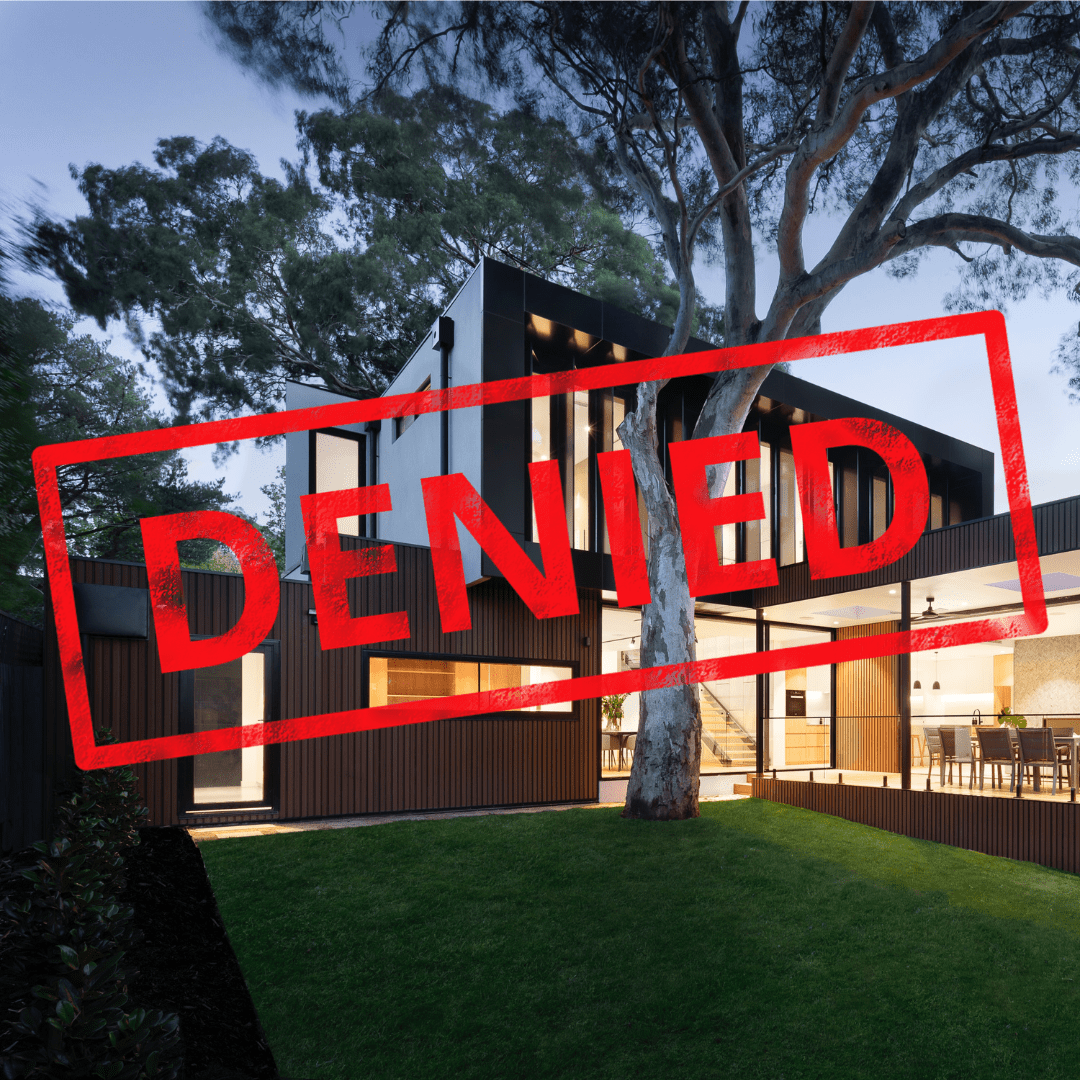DV Capital: Mortgage Broker & Private Lender Services.
Toronto Vacant Home Tax.
What you need to know.
"DV Capital is our go-to mortgage lender".
R.K.
Real Estate Investor

What is the Toronto vacant home tax?
All residential property owners in Toronto must submit a declaration to the City of Toronto as to the occupancy status of their property(s) on an annual basis regardless of whether they live in the property(s) or not. The Toronto vacant home tax equates to 1% of the Current Value Assessment and will be levied on all Toronto residences that are declared, deemed or determined vacant for more than six months during the previous year. For example, if the Current Value Assessment of your property is $1,500,000, the Toronto Vacant Home Tax equates to $15,000. Keep in mind that the Toronto Vacant Home Tax is based on the property’s occupancy status for the previous year.
Types of Occupancy Status.
- Occupied as principal residence of homeowner: the City of Toronto deems that the property where you reside and conduct your daily affairs and where you receive your mail and bills is your principal residence (note that you can only have one principal residence). This also applies to residents who leave for expended period of time for travel. It’s important to note that the property must be your principal residence for at least six months during the taxation year to claim this type of occupancy status. This occupancy status is not subject to the vacant home tax.
- Occupied as principal residence of a permitted occupant: a person authorized by the registered owner to use a residential property as their principal residence, given that the occupant is not a tenant or subtenant. A permitted occupant may include but is not limited to a family member or a friend of the registered owner. This occupancy status is not subject to the vacant home tax.
- Occupied as a tenanted property: A residential property occupied by a person(s) that has a written tenancy agreement for a term of at least 30 days to occupy the property for residential purposes provided that the property is occupied by one or more tenants for six months or more throughout the year. This occupancy status is not subject to the vacant home tax.
- Vacant with an eligible exemption: A residential owner may declare the property vacant with an eligible exemption. This occupancy status is not subject to the vacant home tax.
- Vacant or deemed/determined vacant: A property can be declared vacant by the homeowner through their declaration of occupancy status. A property will automatically be deemed vacant if the owner fails to make a property status declaration. Note that a property can be selected for audit or on review for a Notice of Complaint or appeal and can be determined to be vacant upon completion of the review. This occupancy status is subject to the vacant home tax.
Toronto Vacant Home Tax Exemptions.
- Death of a registered owner: the property was vacant for six months or more in the previous year due to the death of an owner. Must provide a copy of a death certificate.
- Repairs or renovations: The vacant property is undergoing repairs or renovations and all the following conditions have been met – occupation and normal use of the vacant property is prevented by the repairs and renovations, all necessary permits have been issued and the City’s chief building official is of the opinion that the repairs or renovations are being actively carried out without delays. Must provide a description of the project and permits.
- Principal resident is in care: The principal resident of the vacant property is in a hospital, long term or supportive care facility for at least six months during the taxation year – this exemption may be claimed for up to two consecutive taxation years. Must provide a signed letter from the health care facility.
- Transfer of legal ownership: For those that purchased residential property with a closing in the taxation year being declared and the sale involves 100% transfer of interest to an unrelated party, excluding name changes, adding a second owner and removing a second owner. Must provide a copy of land transfer deed.
- Occupancy for full-time employment: The vacant property is required for occupation for employment purposes for a total of at least six months in the taxation year, by its owner who has a principal residence outside of the GTA. Must provide proof of residency and a signed letter of employment.
- Court order: There is a court order in force which prohibits occupancy of the vacant property for at least six months of the taxation year. Must provide a copy of the court order.
For More information.
Toronto Vacant Home Tax.

General Inquiry.
Subscribe.
Blog.
your mortgage Resource Guide.
We welcome you to browse through our blog posts that provide helpful mortgage information and all mortgage related.



